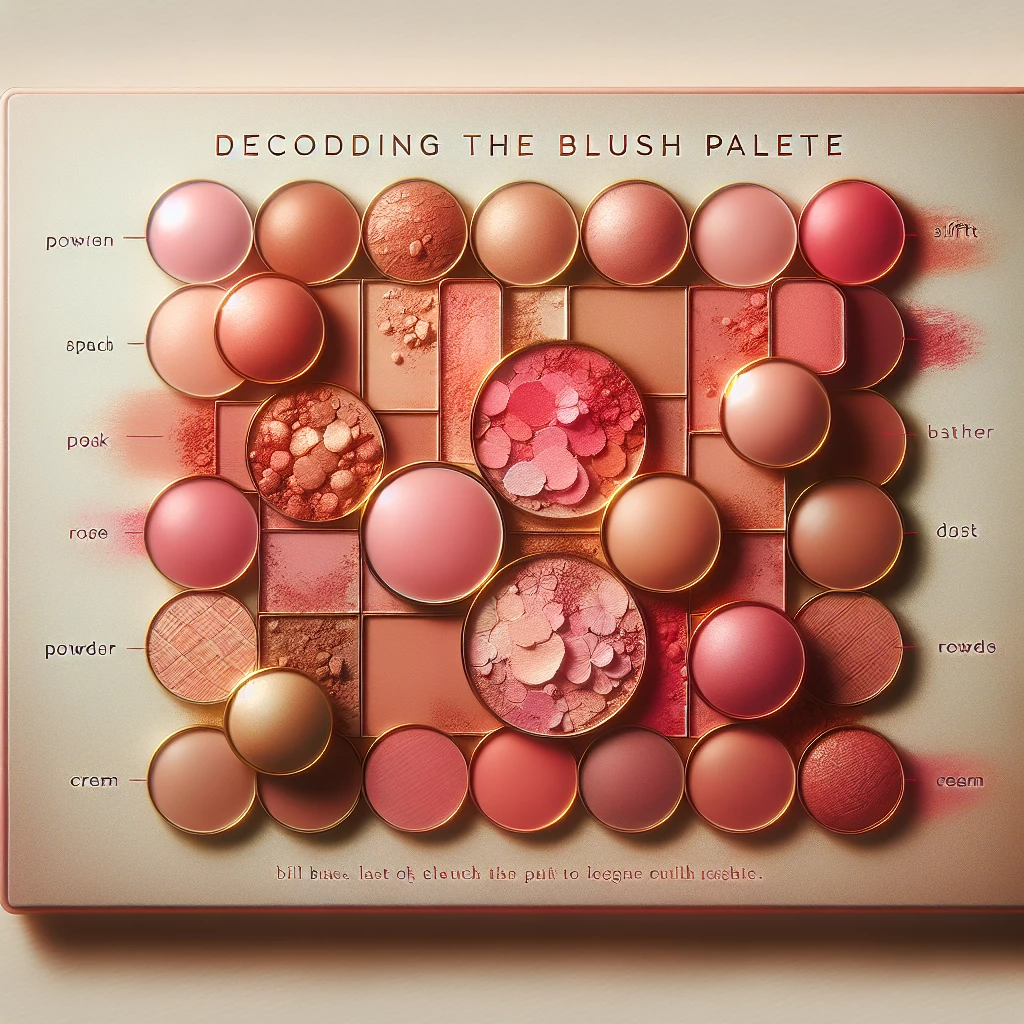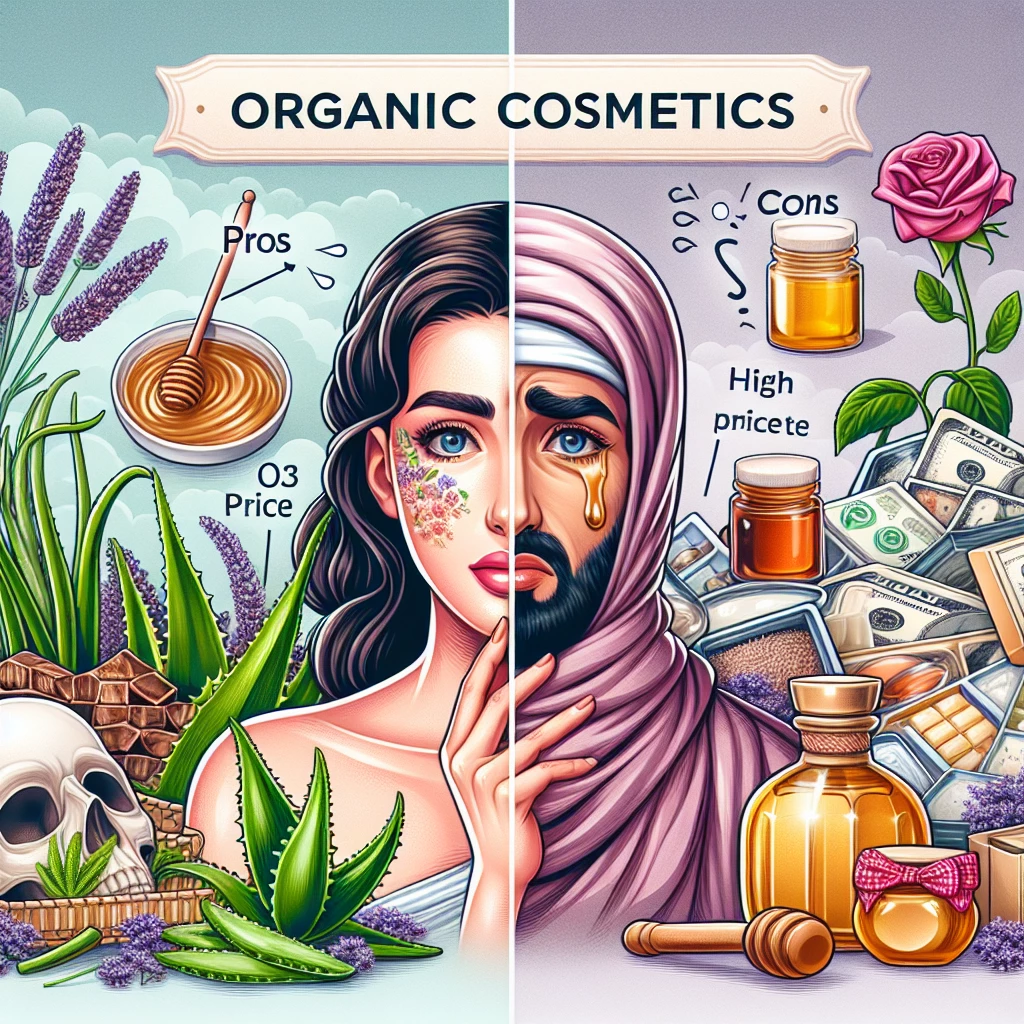Welcome to another enlightening post from Makeup Queens, your trusted source for everything beauty related. Today, we are diving into the world of organic cosmetics to discuss its pros and cons. As we evolve in our understanding of beauty routine, it's becoming clearer how our choices impact ourselves and the world around us. So, whether you're a new convert to natural makeup or a lifelong devotee, understanding the benefits and drawbacks of these makeup alternatives can be crucial in making informed decisions.
Understanding Organic Cosmetics
Organic cosmetics are beauty products made from natural and biologically-derived ingredients. These products eschew synthetic chemicals in favor of elements found in nature. The popularity of organic cosmetics has been on the rise in recent years, as more and more consumers seek out natural alternatives to their favorite beauty products.
However, it's important to note that not all cosmetic products labeled 'organic' are 100% free from synthetic elements. Given the regulatory discrepancies in different countries, a product may have the organic tag yet still contain non-organic ingredients. Therefore, it's crucial to critically evaluate the ingredients list to ensure the veracity of organic claims.
Moreover, the concept of organic cosmetics goes beyond being just 'natural'. The production process of these products is also expected to be environmentally friendly and sustainable, prompting many brands to develop recyclable packaging in tandem with natural ingredients.
Pros of Using Organic Cosmetics
There is no shortage of reasons to switch to organic cosmetics. From environmental benefits to the health advantages, these natural makeup alternatives are gaining traction in the beauty industry.
The absence of harsh chemicals in organic cosmetics makes them gentler on the skin, reducing the risks of allergies, irritations, and inflammations. Moreover, organic products often comprise plant-derived ingredients that are rich in antioxidants, minerals, and essential oils, providing nourishment to the skin and enhancing its natural glow.
From an environmental perspective, the production of organic cosmetics tends to have a less harmful impact. By prioritizing natural, ethically-sourced ingredients and sustainable packaging, these brands contribute to environmental conservation.
Cons of Using Organic Cosmetics
Despite the numerous benefits, there are also a few cons to consider about organic cosmetics. One of the most prevalent issues is the higher cost. The process of obtaining organic certification and sourcing natural ingredients often drives up the price, making these products less accessible for some consumers.
Another disadvantage could be the shorter lifespan of organic cosmetics, due to the lack of preservatives. These natural makeup products may need to be replaced more often, adding to the overall expense.
Lastly, the term 'organic' can sometimes be misleading. As previously noted, a product labeled organic may still contain some synthetic elements. Hence, consumers must exercise care when shopping for organic cosmetics.
In the ever-evolving cosmetic industry, organic makeup poses an appealing and increasingly popular alternative. Although it may come with a higher price tag and might require careful vetting, the health and environmental advantages it offers make it worthwhile for many. Whether you decide to switch to organic products entirely or incorporate a few into your beauty routine, the choice ultimately lies in gaining knowledge, understanding its implications and landing on what aligns best with your personal values. Stay enlightened, stay beautiful!

The Magic of K-Beauty
Explore the trend of Korean beauty and what makes it a global phenomenon.

Decoding the Blush Palette
A comprehensive guide to using different shades of blush for various skin tones.

Creating Smokey Eyes: A Guide
Understand the art of achieving the perfect smokey eye look for any occasion.

Unmasking Lip Gloss Trends
Dive into the world of lip gloss, tracking its evolution and the latest trends.
